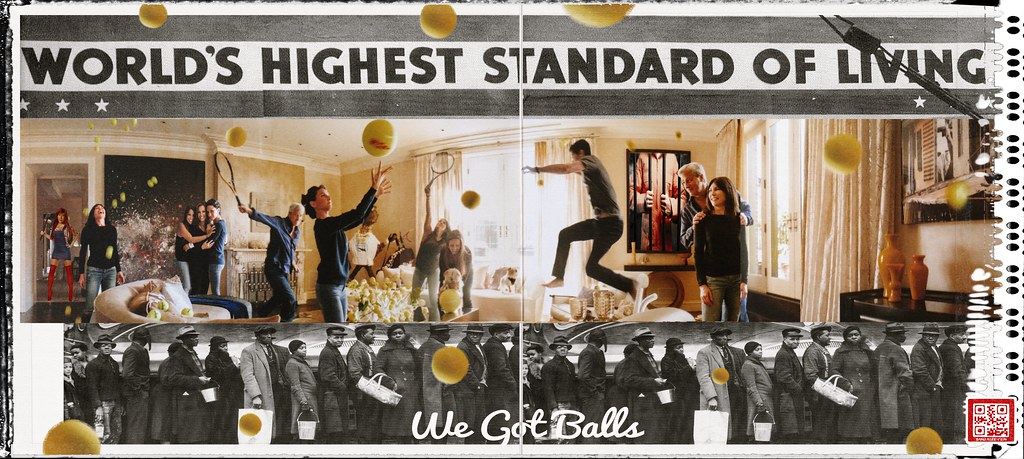 The Advocate, a national
The Advocate, a national
LGBT-interest magazine, followed Time‘s lead and named Pope
Francis as their “Person of the Year.” Although the pontiff’s
popular appeal has snowballed this year, the decision and its
reasoning still come as surprises.
Editorial Director Lucas Grindley explains
the magazine’s pick. He writes that we shouldn’t “underestimate any
pope’s capacity for persuading hearts and minds in opening to LGBT
people, and not only in the U.S. but globally.” He also details the
compassion Francis has demonstrated to individuals in the community
and in dialogue with LGBT groups.
Grindley suggests that Francis is “all the more daring” and
deserving because he has allegedly reversed the trend of past
popes. But, has he really? And, should that warrant him the
honorific title?
The Advocate contrasts Francis with Pope Emeritus
Benedict XVI, asserting that the latter was homophobic. This is the
same Benedict who
said, “It is deplorable that homosexual persons have been and
are the object of violent malice in speech or in action. Such
treatment deserves condemnation from the church’s pastors wherever
it occurs.” The emeritus pope’s statement was not
an isolated incident.
Oddly, but to Grindley’s credit, he doesn’t overlook the fact
that Francis, like Benedict and the
authoritative texts of the Catholic Church, has for religious
reasons in no way endorsed gay marriage. Grindley simply banks on
his hope that this will change, as if the views of a foreign
religious leader ought to have any impact on the democratic process
in the United States.
Pope Francis, who has
stated his commitment to promoting the dignity of “every man
and woman” regardless of their identity, is not necessarily a bad
pick on The Advocate‘s part. However, Grindley’s decision
to pick this pope – for ostensibly being different than
the last man to hold his role – is a shaky argument. The situation
recalls President Barack Obama’s reception of a Nobel Peace Prize
essentially for not being former-President George W. Bush.
Spiritual and social understanding are important, but it may
have made more sense had the magazine picked those who demonstrably
and favorably affected U.S. law for the LGBT community. Grindley
does dedicate deserved time to explaining the merits of those
involved in striking down the Defense of Marriage Act (DOMA)
earlier this year. He lauds:
Edie Windsor… is a hero to LGBT Americans for taking the final
punch in the fight against the discriminatory Defense of Marriage
Act, and section 3 is no more.
[…]
Also at the Supreme Court that day, for example, were the four
plaintiffs in the related Proposition 8 case from California, and
they should be lauded. Or, any of their lawyers… Then there’s
attorney Roberta Kaplan, one of us, who eloquently refuted Chief
Justice John Roberts when he suggested times have changed and LGBT
people are no longer an oppressed minority.
Yet, that is apparently not enough to warrant “Person of the
Year” for any of them. The Advocate‘s choice can be seen
as goodwill extended from the LGBT community to the Catholic
community, an optimistic response to Francis’ own efforts. But,
that is difficult to do while pretending Francis is an advocate for
anything different than his predecessor, and sidelining the
America’s own LGBT advocates who triumphed over considerable legal
burdens this year.
from Hit & Run http://reason.com/blog/2013/12/17/gay-rights-magazine-names-pope-person-of
via IFTTT






 The Advocate, a national
The Advocate, a national You know cops are trying to
You know cops are trying to Over the weekend, the Obama administration
Over the weekend, the Obama administration
